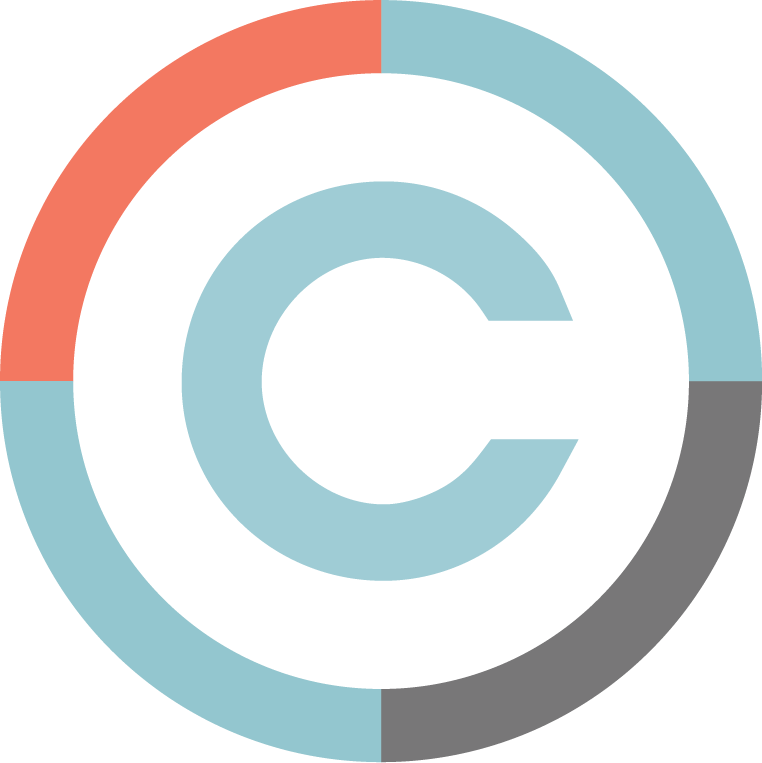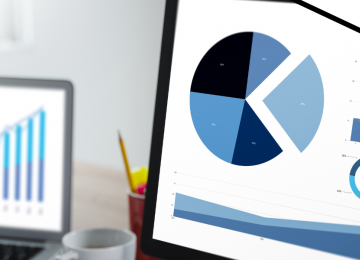Internet Marketing: How To Decide What Will Work For Me

I just watched Spielberg’s “Lincoln,” which was incredible if only for the phenomenal, obviously Oscar-winning performance of Mr. Daniel Day-Lewis. Incidentally, I ended the movie realizing it was also – when I was watching it – at that very moment the anniversary of his death. That and Lewis’s performance were almost ghostly. What I liked about the screenplay and the man himself was his ability to tell a story to introduce an idea to the table, and his wise, fatherly way of doing it: strong yet quiet, and wise as hell. Well, I knew this blog needed a good intro so, inspired by Old Abe, I just thought I'd say that (laughing). How to Decide What Kind of Internet Marketing Is For MeThere are 5 main types of internet marketing (see my blog about it): SEO, PPC, social media marketing, email marketing, and banner ads. We will group banner ads with Pay Per Clicks since they are more or less like PPC (pay per click advertising) and focus on deciding between those four. When choosing a type of internet marketing I usually recommend them all because they all produce a different means to achieving your end (getting business out of your website) and thereby gain more traffic for you than if you had chosen only one. Many times, though, I will get the question, if I can only afford one right now, which should I choose? Which would be most effective for my business? This blog is to help people make that decision and understand what makes one type of internet marketing stand out from all the others. Email MarketingEmail marketing is often downplayed as the runt of the IM (internet marketing) litter. However, stats are still there to support it. And personal experience. Chances are, you subscribed to something where you get regular emails from some company and at some point, you valued that and did not unsubscribe and continue to get emailed ads from them.
A healthy 10% open rate is hopefully accompanied by an also healthy 1% open rate (when you click the link going to the website they want you to buy something from). Website conversion rates vary around a healthy 2-5%; so if you crunch all the numbers: send an email to 10,000 people, 100 open it, 2-5 people buy your crap – voila! Success! But don’t count your chickens! Emails (with sending fees) can cost about10 cents each and 20 for businesses. So you are paying $100-$200 to get 2-5 sales, if everything goes smoothly. So you better not just be selling candy bars by the bar or you’ve got the worst business model on the planet! Some try to cut the cost of getting emails by creating lists of their own. This is tedious. However, done well, and you can get a solid list of opt-ins. The magic of email marketing lies in this: everybody has an email nowadays (okay, almost everybody) and – though there’s nothing like getting a regular (now special) old-fashioned, hand-written paper, colored envelope letter these days – an email is still personally delivered to you! Stats say that people get more excited about getting Facebook notifications than [edit] many other things that would blow your mind. Email marketing is less as provocative, but similar. Downsides? It often takes repetition to create traction with customers: i.e. getting those emails three to ten times before being interested enough to open them. So you’re looking at a possible rise in cost by anywhere from 300-1,000% and counting. Not easy to stomach for most, but hey, the advantage is you know you are getting to people (You got in their inbox! That’s like getting to first base. Okay, that’s creepy.); whereas the other methods are really, boiled down, stabs at getting to people. In short, if you try it, and the numbers pan out for you; keep it up. Things work that work. Don’t you love tautologies? SEOSearch engine optimization is by far the most effective means of internet marketing, all things considered. Getting your website high on search engine results pages (SERPs) is extremely effective online advertising. In case you didn’t know or haven’t read my previous blogs on the subject (read the What, Why, & How of SEO here), let me recap the stats real quick. 97% of the population looks for stuff online these days before going anywhere else (consider your own experience). 45% of those people will Google what they are looking for and click the first choice Google provides; 75% will choose between the top 3 choices; and no more than 5% will click to view to second page of search results. Google will tell you how many people look for certain keywords and you can search and select the ones that will be most effective for your business to rank for. It's really is the best thing since sliced bread. However, SEO takes time. Optimizing a website and getting backlinks takes a little time, strategy, and effort; and then, it takes time for Google to notice. And you have to keep it up. It’s like a popularity contest and the winner isn’t chosen because they did one cool thing, but because they consistently create relevant information web users need to see. Overall, it’s the best investment if you can handle the time aspect. Once you crunch the numbers of how many people you can consistently drive to your website to get conversions, you will fall in love with SEO. Because it means success.
|
 Stay InTOUCHSign up here to get our monthly newsletter and blog updates. |








